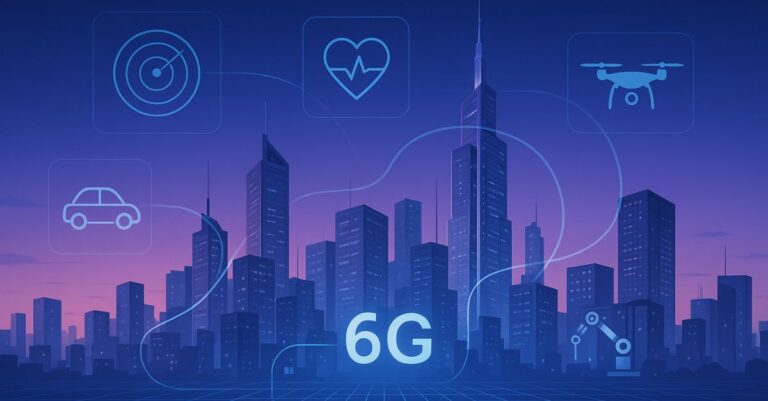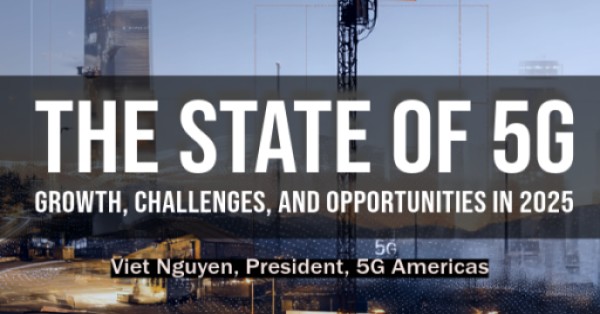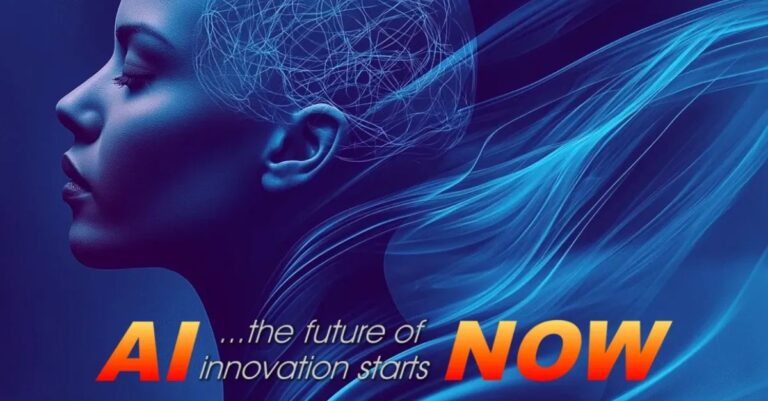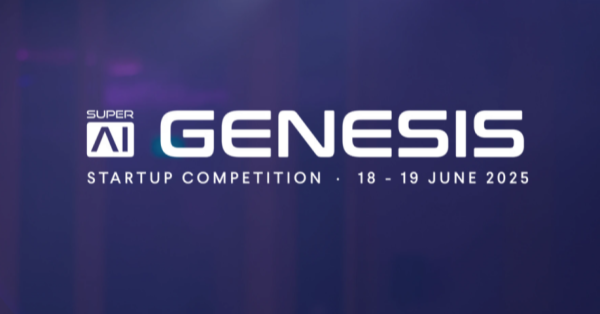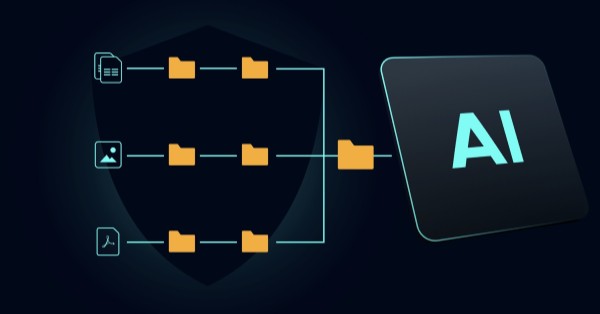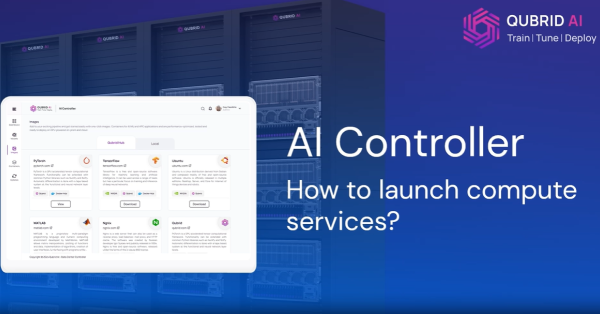The digital transformation consultants have sold you a lie. They’ve convinced executives everywhere that before you can even think about AI, you need to embark on a months-long (or years-long) data cleaning odyssey. Clean everything! Standardize everything! Make it perfect!
It’s expensive, time-consuming, and worst of all—it’s completely backwards.
The Great Data Cleaning Scam
Here’s what’s really happening: consulting firms have discovered the perfect business model. Tell companies they need to clean all their data first, charge premium rates for the work, and enjoy projects with no clear endpoints. How do you know when your data is “clean enough”? You don’t. The goalposts keep moving, the invoices keep coming, and meanwhile, your competitors are already using AI to solve real problems.
This isn’t incompetence—it’s a feature, not a bug. Data cleaning projects are consultant gold mines because they’re nearly impossible to finish and even harder to measure success.
Why Perfect Data is a Myth
Let’s be brutally honest: your data will never be perfect. It can’t be. Here’s why:
Your data is constantly changing. While you’re spending six months cleaning historical warehouse data, new inventory is arriving, items are moving, specifications are updating. By the time you finish, your “clean” dataset is already outdated.
You don’t know what “clean” means yet. Until you understand exactly how you’ll use the AI system, you can’t know how to prepare the data. You might spend months standardizing product categories one way, only to discover your AI application needs them classified completely differently.
Unbalanced datasets make most cleaning irrelevant anyway. You could have the most pristine data in the world, but if you have 10,000 examples of one thing and 50 examples of another, most of that perfectly cleaned data is useless for training.
The Clean-As-You-Go Revolution
Smart organizations are taking a fundamentally different approach: they clean only what they need, when they need it, for the specific AI application they’re building.
Here’s how it works:
Start with your AI use case, not your data. Define exactly what problem you’re solving and what the AI needs to accomplish. Only then do you look at what data you actually need.
Let AI help clean the data. Cutting-edge AI systems are remarkably good at working with messy, incomplete data. They can fill in missing values, standardize formats, and even identify inconsistencies better than traditional data cleaning tools.
Curate, don’t clean everything. Instead of trying to perfect your entire dataset, create focused, high-quality subsets for your specific AI applications. This produces better results in a fraction of the time.
Embrace iterative improvement. Start with what you have, see what works, then clean and improve incrementally based on actual performance needs.
Real-World Examples
Consider a warehouse management system. The traditional approach says you need to track down size and weight information for every single item before you can start. That could take months and cost a fortune.
The smart approach? Use AI to estimate missing information based on available data, product categories, and similar items. Deploy the system, let it learn from real operations, and improve the data quality over time through actual use.
Or let’s take customer data. Instead of spending a year standardizing every customer record, start with the customers you actually interact with regularly. Clean as you go, focusing on the data that matters for your specific AI applications.
The Swiss Cheese Principle
AI systems don’t need perfect data—they need appropriate safeguards. Think of it like the Swiss cheese model: each layer of protection (human oversight, validation rules, AI confidence scoring, business logic checks) covers the holes in other layers.
Your data quality is just one layer in this system. Instead of trying to make it perfect, make it good enough and focus on building robust safeguards around it.
The Bottom Line
The companies winning with AI aren’t the ones with the cleanest data—they’re the ones who started fastest and learned most quickly. While their competitors are still debating data governance frameworks, they’re already on their third iteration of working systems.
Stop letting consultants hold your AI initiatives hostage with endless data cleaning projects. Your data doesn’t need to be perfect. It just needs to be good enough to start, with a plan to improve it through actual use.
The future belongs to organizations that embrace “clean as you go” and start building AI systems today, not to those still preparing for a perfect tomorrow that will never come.
Start messy. Start now. Clean as you learn. Your competitors are already doing it—and they’re not waiting for perfect data to get started.






